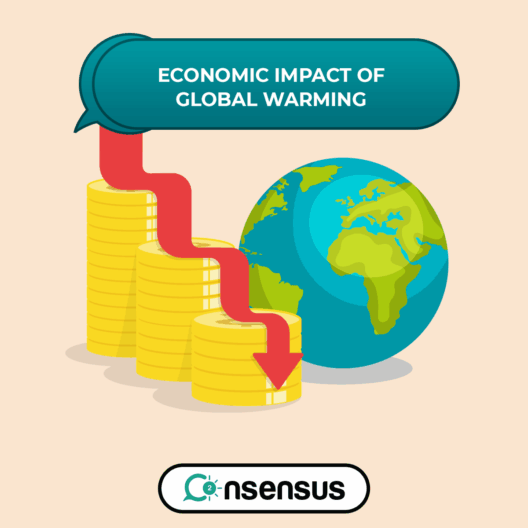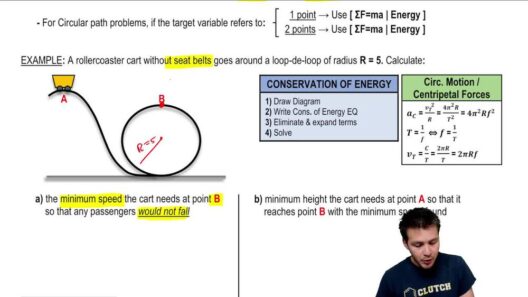In a world grappling with the dire consequences of climate change, sustainability blogs like Conserve Energy Future invite readers to ponder: can they truly depend on these platforms for reliable guidance on energy conservation? This question not only encapsulates the essence of the blog’s mission but also challenges the integrity and efficacy of online resources dedicated to environmental issues. This exploration will delve into several critical aspects, including content accuracy, community engagement, and practical applicability of the information presented.
At the outset, one must consider the foundational purpose of a sustainability blog: to inform, educate, and inspire action towards eco-friendly practices. Conserve Energy Future aims to fulfill this mission by providing an array of topics ranging from energy conservation techniques to renewable energy sources. The blog’s extensive coverage may initially appear impressive; however, the reliability of such information is paramount. Are the claims supported by scientific research? Are they anecdotal or based on real-world applications? Scrutinizing these elements can reveal much about the blog’s credibility.
Furthermore, engaging with the credibility of a blog hinges upon understanding its sources of information. Does Conserve Energy Future reference reputable studies, utilize data from acknowledged organizations, or rely on user-generated content? The answer to these inquiries can significantly affect a reader’s trustworthiness in the blog’s content. Blogs that utilize rigorous research and cite peer-reviewed articles bolster their authority, ensuring readers receive accurate and validated information. Thus, potential readers are encouraged to investigate the sources used within posts to ascertain their reliability.
The versatility of topics covered is another hallmark of a credible sustainability blog. Conserve Energy Future delves into diverse themes, from practical energy-saving tips to broader discussions on the implications of climate change. However, readers must critically evaluate whether these topics are explored in sufficient depth. A superficial treatment of complex issues may mislead readers or dilute the severity of the environmental crises we face. Engaging discussions about systemic change, policy implications, and technological innovations can provide a more nuanced understanding, compelling readers to not only act but also to think critically about sustainability.
Moreover, the blog’s layout and aesthetic appeal play a vital role in user experience. A well-organized site facilitates easy navigation, enabling readers to locate relevant information efficiently. Conserve Energy Future strives to maintain a clean, user-friendly interface, but does this always translate into accessibility of the most pertinent content? Evaluating how readily users can find specific topics can be essential in discerning the blog’s reliability as a resource. Uncluttered navigation coupled with intuitive categorization can significantly enhance the user experience, allowing readers to absorb crucial information more effectively.
Community engagement arises as another pivotal element in determining the blog’s reliability. Does Conserve Energy Future foster a community where readers can discuss topics, share experiences, and provide feedback? Blogs that encourage reader interaction can amplify the dissemination of information and spark dialogue within the sustainability community. This interactivity not only enriches the user experience but also enhances the collective knowledge base. By facilitating discussions, the blog can unveil diverse perspectives that may not be evident in individual posts, promoting a more comprehensive understanding of energy conservation.
While evaluating the credibility of Conserve Energy Future, it is also crucial to consider the practical applicability of the information provided. Are the strategies suggested feasible for the average reader? The greatest challenge for any sustainability blog lies in transforming theoretical concepts into actionable practices. Conserve Energy Future aims to bridge this gap by offering practical energy-saving tips that anyone can implement in their everyday lives. However, readers should assess whether these recommendations align with their individual circumstances, as practicality varies widely across different regions, climates, and lifestyles.
Additionally, the use of engaging language and educational techniques can significantly impact a blog’s effectiveness. The ability to convey complex ideas in a digestible manner is essential in catalyzing change. Conserve Energy Future employs varying tones to capture the audience’s attention; however, successful communication also requires avoiding informational overload. Simple visuals, infographics, and interactive elements can facilitate understanding, making the transmission of sustainability principles less daunting and more approachable. A thoughtful balance between substance and accessibility can enhance a reader’s comprehension and, consequently, their propensity to embrace sustainable practices.
As our inspection draws to a close, one crucial question lingers: Can one really consider a blog reliable, if its influence isn’t demonstrable in the community it serves? Ultimately, a reliable sustainability blog like Conserve Energy Future should not only offer accurate information but also inspire tangible action. Readers must be equipped with the tools to apply knowledge in their own lives. The ongoing challenges posed by climate change necessitate a proactive approach from all, reaffirming the vital role that reliable resources play in shaping an environmentally conscious society.
Conclusively, while Conserve Energy Future showcases promising elements of a reliable sustainability blog, readers bear the responsibility of critically evaluating its content. Assessing the validity of provided information, examining community involvement, and discerning the practicality of suggestions will empower individuals in their pursuit of energy conservation. Just as the environmental movement thrives on collective effort and informed citizens, so too must sustainability blogs uphold standards of reliability and engagement to foster an informed, proactive community committed to a sustainable future.








